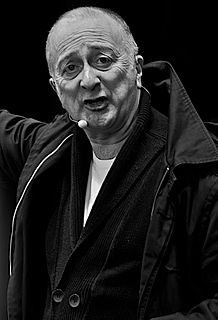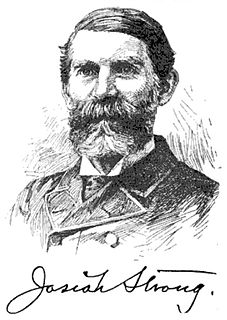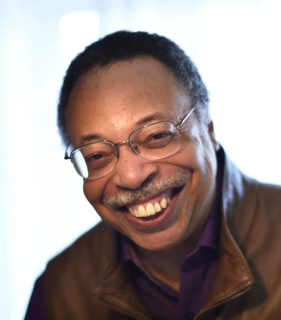A Quote by H. L. Mencken
What are the characters that I discern most clearly in the so-called Anglo-Saxon type of man? I may answer at once that two stickout above all others. One is his curious and apparently incurable incompetence--his congenital inability to do any difficult thing easily and well, whether it be isolating a bacillus or writing a sonata. The other is his astounding susceptibility to fears and alarms--in short, his hereditary cowardice.... There is no record in history of any Anglo-Saxon nation entering upon any great war without allies.
Quote Topics
Above
Alarms
Allies
Anglo-Saxon
Answer
Any
Apparently
Astounding
Characters
Clearly
Cowardice
Curious
Difficult
Difficult Thing
Discern
Easily
Entering
Fears
Great
Great War
Hereditary
His
History
Inability
Incompetence
Incurable
Man
May
Most
Nation
Once
Other
Others
Record
Short
So-Called
Sonata
Susceptibility
Thing
Two
Type
War
Well
Whether
Without
Writing
Related Quotes
Some people think that English poetry begins with the Anglo-Saxons. I don't, because I can't accept that there is any continuity between the traditions of Anglo-Saxon poetry and those established in English poetry by the time of, say, Shakespeare. And anyway, Anglo-Saxon is a different language, which has to be learned.
I have these guilts about never having read Chaucer but I was talked out of learning Early Anglo-Saxon / Middle English by a friend who had to take it for her Ph.D. They told her to write an essay in Early Anglo-Saxon on any-subject-of-her-own-choosing. “Which is all very well,” she said bitterly, “but the only essay subject you can find enough Early Anglo-Saxon words for is ‘How to Slaughter a Thousand Men in a Mead Hall’.
A chap was digging a pond for his carp in the garden behind his terraced house in the small town of Raunds, when he unearthed remains of an Anglo-Saxon body. Because he'd seen 'Time Team', he knew exactly what to do with it - he cleaned it very respectfully and then called the local archaeologist, who called us in.
The early 20th Century was probably the high tide of global white supremacy - I'm going to call it that because that's how people thought of it - and to be specific, Anglo-Saxon supremacy: The idea that white Anglo-Saxon Protestants were at the top of the world, representing the highest achievement possible for all of humanity, with Darwin's theories being used to prop up this belief.
There is no English equivalent for the French word flâneur. Cassell's dictionary defines flâneur as a stroller, saunterer, drifter but none of these terms seems quite accurate. There is no English equivalent for the term, just as there is no Anglo-Saxon counterpart of that essentially Gallic individual, the deliberately aimless pedestrian, unencumbered by any obligation or sense of urgency, who, being French and therefore frugal, wastes nothing, including his time which he spends with the leisurely discrimination of a gourmet, savoring the multiple flavors of his city.
The Anglo-Saxon has established himself in climates totally diverse - Canada, South Africa, and India - and, through several generations, has preserved his essential race characteristics. He is not, of course, superior to climatic influences; but even in warm climates, he is likely to retain his aggressive vigor long enough to supplant races already enfeebled.





































